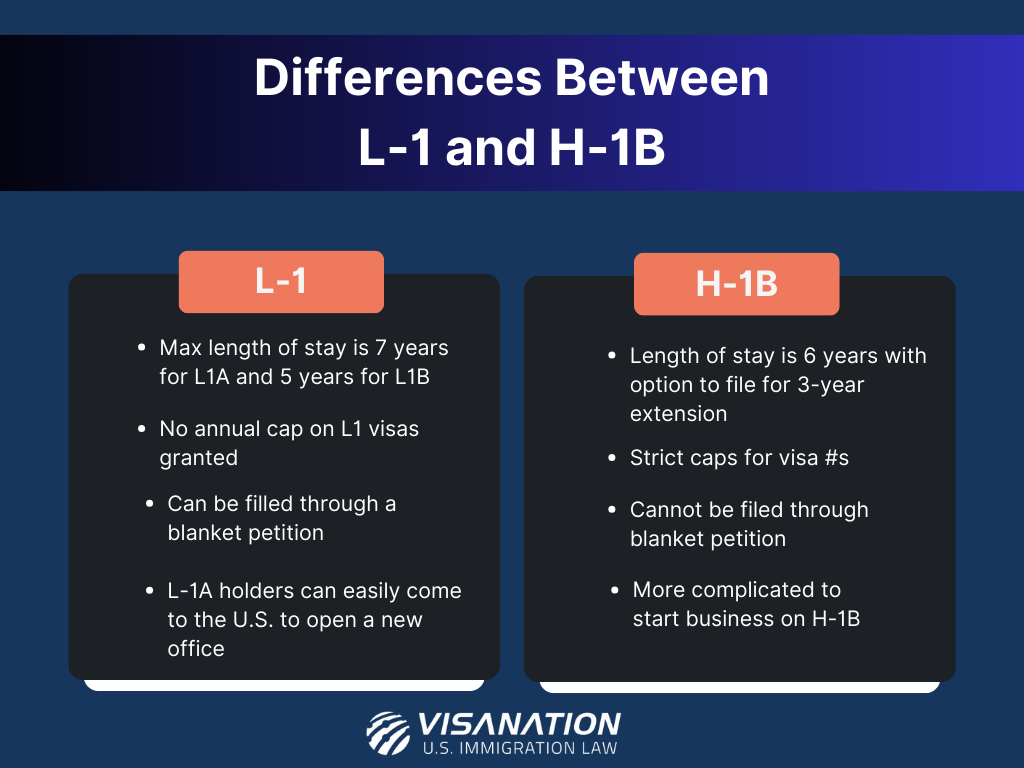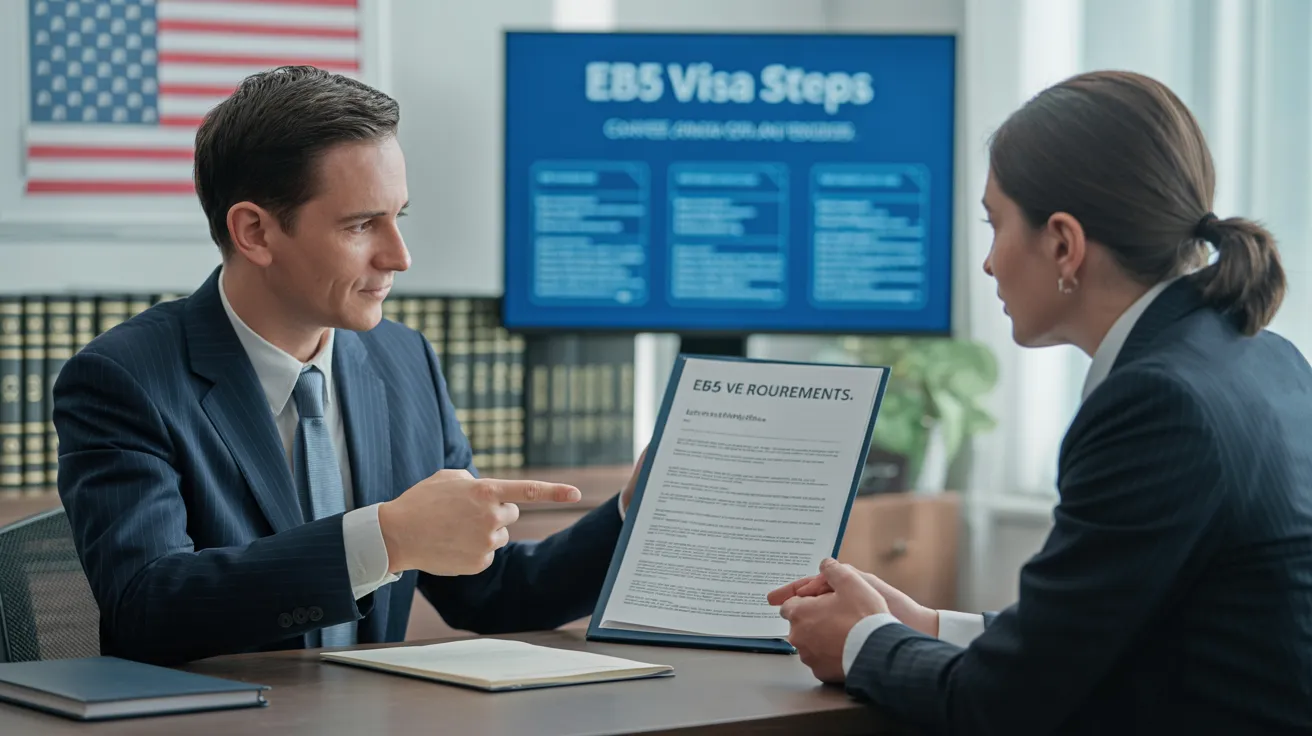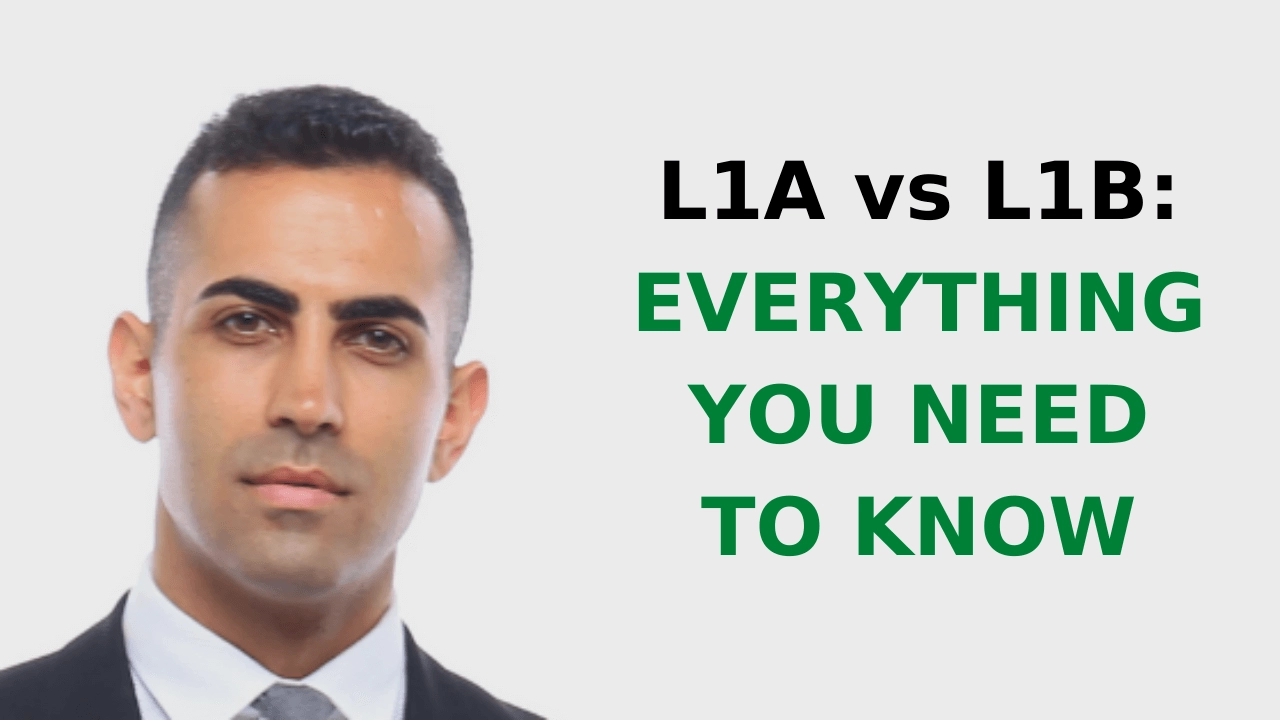How L1 Visa can Save You Time, Stress, and Money.
Table of ContentsAll About L1 VisaOur L1 Visa IdeasUnknown Facts About L1 VisaThe 30-Second Trick For L1 VisaL1 Visa for BeginnersRumored Buzz on L1 Visa
Offered from ProQuest Dissertations & Theses Worldwide; Social Scientific Research Premium Collection. DHS Workplace of the Assessor General. Gotten 2023-03-26.
U.S. Division of State. Recovered 2023-02-08. Tamen, Joan Fleischer (August 10, 2013).
3 Simple Techniques For L1 Visa
In order to be qualified for the L-1 visa, the international firm abroad where the Beneficiary was utilized and the united state company have to have a qualifying connection at the time of the transfer. The various types of qualifying relationships are: 1. Parent-Subsidiary: The Parent suggests a firm, firm, or various other legal entity which has subsidiaries that it possesses and controls."Subsidiary" implies a company, company, or other legal entity of which a parent possesses, directly or indirectly, more than 50% of the entity, OR has less than 50% however has administration control of the entity.
Business A possesses 100% of the shares of Business B.Company A is the Moms And Dad and Company B is a subsidiary. There is a qualifying relationship between the two business and Company B should be able to sponsor the Recipient.
Business A has 40% of Business B. The remaining 60% is possessed and managed by Business C, which has no connection to Business A.Since Firm A and B do not have a parent-subsidiary partnership, Firm A can not sponsor the Recipient for L-1.
Firm A has 40% of Company B. The remaining 60% is had by Business C, which has no relationship to Business A. Nevertheless, Company A, by official contract, controls and complete takes care of Business B.Since Company An owns much less than 50% of Business B but manages and regulates the business, there is a qualifying parent-subsidiary relationship and Company A can fund the Beneficiary for L-1.
The Facts About L1 Visa Uncovered
Affiliate: An associate is 1 of 2 subsidiaries thar are both owned and managed by the exact same moms and dad or individual, or possessed and controlled by the exact same team of people, in basically the very same ratios. a. Example 1: Business A is included in Ghana and employs the Recipient. Firm B is included in the U.S.
Firm C, additionally integrated in Ghana, owns 100% of Business A and 100% of Firm B.Therefore, Company A and Company B are L1 Visa process "associates" or sister companies and a qualifying connection exists between the two companies. Firm B ought to have the ability to fund the Beneficiary. b. Instance 2: Business A is included in the U.S.
Business A is 60% owned by Mrs. Smith, 20% owned by Mr. Doe, and 20% possessed by Ms. Brown. Business B is incorporated in Colombia and presently utilizes the Recipient. Company B is 65% had by Mrs. Smith, 15% had by Mr. Doe, and 20% had by Ms. Brown. Firm A and Company B are associates and have a qualifying relationship in 2 various methods: Mrs.
The L-1 visa is an employment-based visa classification developed by Congress in 1970, enabling multinational firms to transfer their supervisors, execs, or essential employees to their U.S. procedures. It is commonly described as the intracompany transferee visa. There are two main sorts of L-1 visas: L-1A and L-1B. These types are suitable for employees worked with in different placements within a business.

Furthermore, the recipient needs to have operated in a managerial, executive, or specialized employee placement for one year within the three years coming before the L-1A application in the international firm. For new office applications, international work should have been in a supervisory or executive capacity if the recipient is concerning the USA to function as a supervisor or exec.
The Facts About L1 Visa Revealed

If approved for an U.S. firm operational for greater than one year, the first L-1B visa is for approximately 3 years and can be prolonged for an added two years (L1 Visa). Conversely, if the U.S. company is recently established L1 Visa law firm or has actually been operational L1 Visa guide for much less than one year, the initial L-1B visa is provided for one year, with expansions offered in two-year increments
The L-1 visa is an employment-based visa classification developed by Congress in 1970, allowing multinational firms to transfer their supervisors, execs, or key employees to their U.S. procedures. It is generally referred to as the intracompany transferee visa.
L1 Visa for Beginners
Additionally, the beneficiary needs to have operated in a managerial, executive, or specialized employee position for one year within the three years coming before the L-1A application in the foreign business. For new office applications, international work needs to have been in a supervisory or executive capacity if the beneficiary is involving the United States to function as a supervisor or exec.
for as much as 7 years to look after the operations of the united state associate as an executive or supervisor. If provided for a united state company that has actually been operational for greater than one year, the L-1A visa is at first given for up to 3 years and can be expanded in two-year increments.
If given for an U.S. firm operational for even more than one year, the first L-1B visa is for as much as 3 years and can be prolonged for an extra two years. On the other hand, if the U.S. business is recently developed or has been operational for less than one year, the preliminary L-1B visa is released for one year, with extensions readily available in two-year increments.